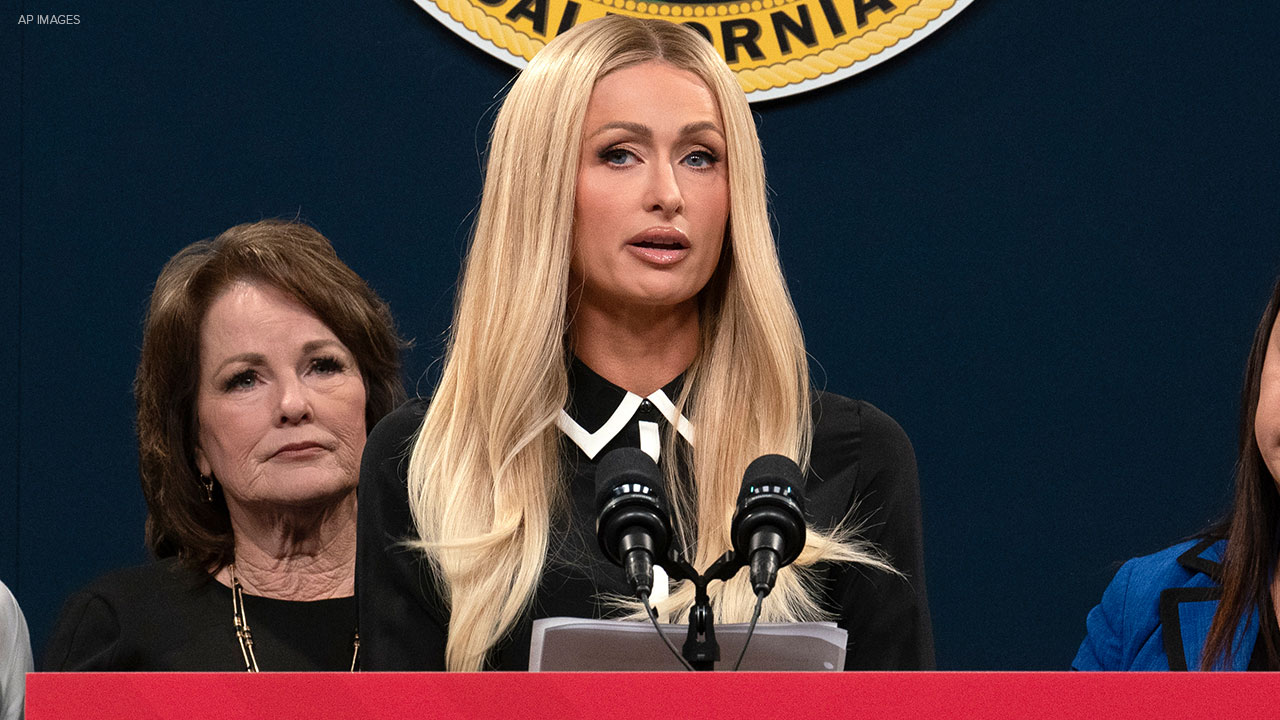Chicago first responders getting more mental health training

CHICAGO (WLS) -- The goal of a new training program for Chicago's first responders is to work together. Police, firefighters and other emergency workers will partner with area hospitals in the program to better respond to mental health emergencies.
It's a scene that first responders encounter all the time-a disorderly person at a bar.
But what they're practicing in this scene is assessing whether the subject is experiencing a medical or behavioral emergency.
It's a lesson Chicago police, fire and emergency personnel will receive in new, state-of-the-art crisis intervention training.
"When we have knowledge that crosses the lines of service and jurisdiction, we can give the best service to people who rely on us," Cmsr. Jose Santiago, Chicago Fire Department, said.
Starting next month police, firefighters and paramedics will get training on how to better respond to mental health emergencies.
The eight hour, scenario-based course involves all stages of a call, beginning with 911 operators and dispatchers. Ninety percent of them have already begun training.
"When the person calls in with a medical emergency, the dispatcher knows what type of questions to ask what kind of information to illicit from this patient and that information goes out to our teams," Leslee Stein-Spencer, Chicago Fire Department, said.
Mental health experts helped design the course which aims to help different agencies better understand the roles each plays in responding to a mental health crisis.
Police Superintendent Eddie Johnson said many officers don't expect to be involved in a medical call and said the training will provide better service to those in need.
"Nearly 2,500 CPD officers are now CIT trained, with 300 trained just in 2016 alone," Johnson said.
Superintendent Johnson said the goal is to have 35 percent of the police department trained in mental health crisis response by the end of 2017
Johnson said the plan is to have those crisis intervention trained officers on each shift so they can be dispatched as needed.









